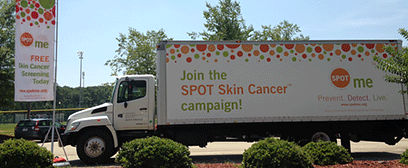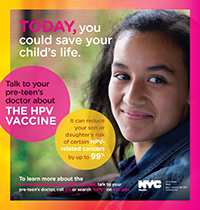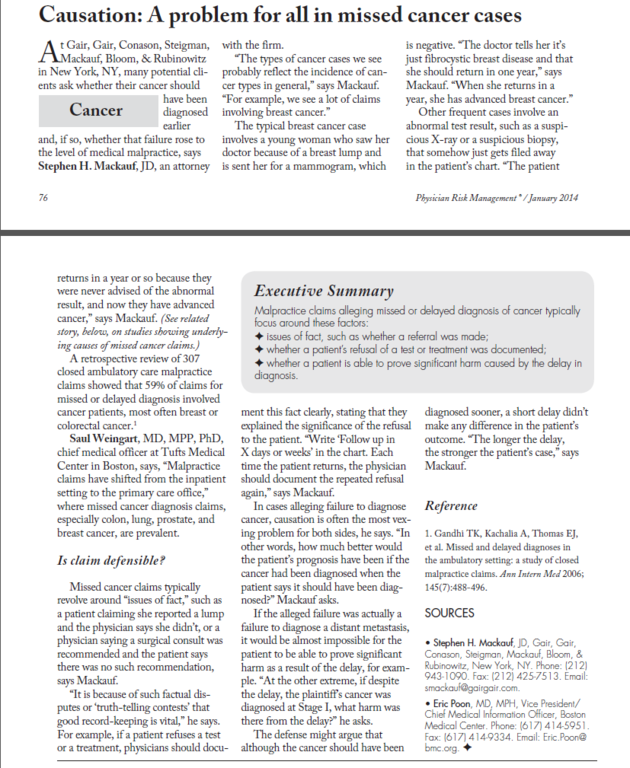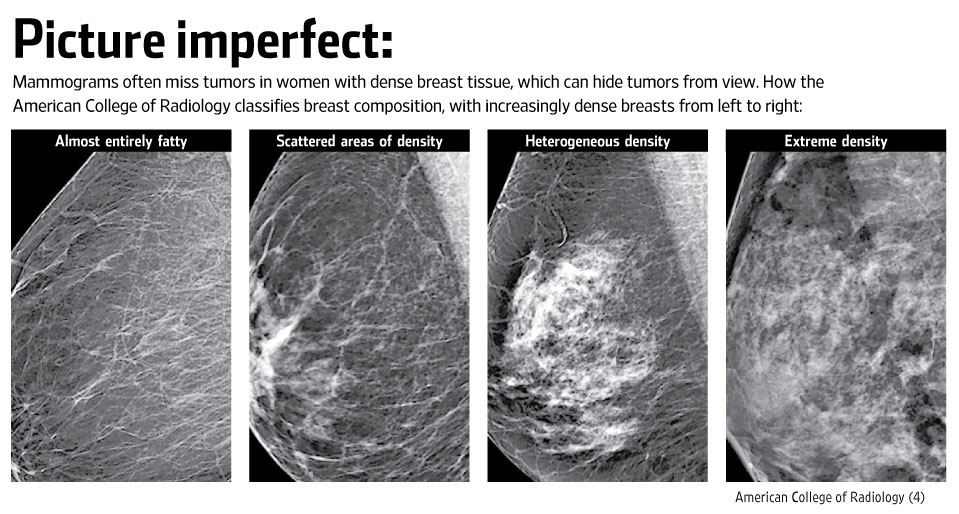Andrew Cuomo endorses “Lavern’s Law”, a bill that strengthens the rights of victims of medical malpractice by extending the statute of limitations to run from date of discovery
 The law in New York State requires victims of medical malpractice to file their claim within 15 months after medical malpractice occurs at a public hospital and 2 1/2 years against a private hospital or physician. Lavern’s Law proposes to start the statute of limitations from the time a patient discovers the malpractice rather than from the time the medical malpractice occurs. Lavern’s Law is named after Lavern Wilkinson who died from a curable form of lung cancer after doctors at Kings County Hospital in Brooklyn, NYC, failed to tell her that a chest X-ray they took in 2010 showed a small, suspicious mass on her right lung and instead sent her back home with Motrin. Lavern only discovered that she had cancer when she was terminal. By that time, the statute of limitations had expired and she wasn’t able to sue the hospital for failure to diagnose lung cancer. She died leaving behind her a daughter who was severely autistic. The city settled Wilkinson’s lawsuit, for $625,000 the day she died, March 7, 2013. Medical malpractice experts said her case would have netted over $10 million had it not been for the statute of limitations. Yesterday Governor Cuomo gave his support to the law. Read more in the NY Daily News
The law in New York State requires victims of medical malpractice to file their claim within 15 months after medical malpractice occurs at a public hospital and 2 1/2 years against a private hospital or physician. Lavern’s Law proposes to start the statute of limitations from the time a patient discovers the malpractice rather than from the time the medical malpractice occurs. Lavern’s Law is named after Lavern Wilkinson who died from a curable form of lung cancer after doctors at Kings County Hospital in Brooklyn, NYC, failed to tell her that a chest X-ray they took in 2010 showed a small, suspicious mass on her right lung and instead sent her back home with Motrin. Lavern only discovered that she had cancer when she was terminal. By that time, the statute of limitations had expired and she wasn’t able to sue the hospital for failure to diagnose lung cancer. She died leaving behind her a daughter who was severely autistic. The city settled Wilkinson’s lawsuit, for $625,000 the day she died, March 7, 2013. Medical malpractice experts said her case would have netted over $10 million had it not been for the statute of limitations. Yesterday Governor Cuomo gave his support to the law. Read more in the NY Daily News
 New York Personal Injury Attorneys Blog
New York Personal Injury Attorneys Blog




 Human papillomavirus is the most common sexually transmitted infection. It is a dangerous infection because it can lead to cancer many years later. The best way to prevent developing HPV-associated cancer is to get vaccinated during preteen and early teen years. Boys and girls should get vaccinated before they start any kind of sexual activity for the vaccine to be the most effective. To be fully protected boys and girls should receive 3 doses over a year and half (one dose every six months). The New York Health department is campaigning for the vaccine as recent statistics show that on average in New York City only 40% of girls 13 to 17 years old and 22% of boys 13 to 17 years old have received the 3 doses. In Staten Island, Central/Southern Brooklyn, and Greenpoint/Williamsburg, statistics show only 5.8% to 25.1% of girls aged 13-17 and 0% to 5.9% of boys aged 13-17 received all three doses of the vaccine.
Human papillomavirus is the most common sexually transmitted infection. It is a dangerous infection because it can lead to cancer many years later. The best way to prevent developing HPV-associated cancer is to get vaccinated during preteen and early teen years. Boys and girls should get vaccinated before they start any kind of sexual activity for the vaccine to be the most effective. To be fully protected boys and girls should receive 3 doses over a year and half (one dose every six months). The New York Health department is campaigning for the vaccine as recent statistics show that on average in New York City only 40% of girls 13 to 17 years old and 22% of boys 13 to 17 years old have received the 3 doses. In Staten Island, Central/Southern Brooklyn, and Greenpoint/Williamsburg, statistics show only 5.8% to 25.1% of girls aged 13-17 and 0% to 5.9% of boys aged 13-17 received all three doses of the vaccine. Our Partner New York Medical Malpractice Attorney
Our Partner New York Medical Malpractice Attorney 

